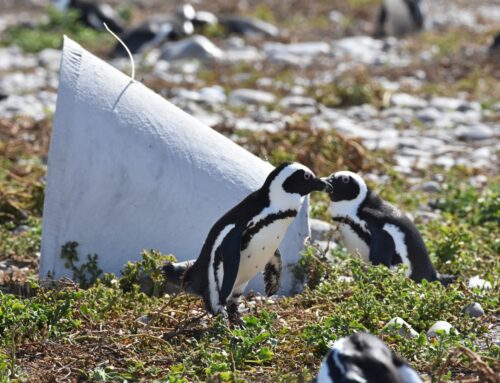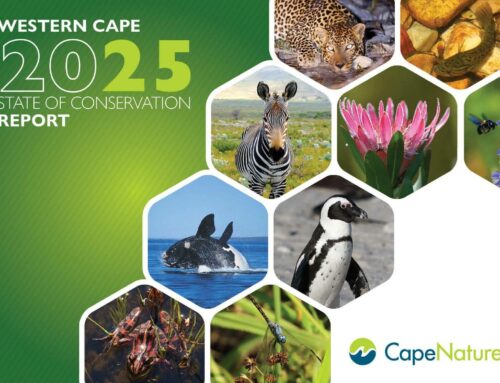Direct impacts of oil spill in Eastern Cape but this is only tip of the ice berg…
August 30, 2016 Anwynn Louw
The visuals of oiled African penguins is always enough to generate an emotional response of outrage and sadness. The amazing work done by the NGO’s in the field of penguin & seabird rescue are highlighted. But behind these images and sheer commitment of getting the birds cleaned up and returned to the wild lies the bigger impact.
We know, through years of research, that rehabilitation works and that it is vital to return every possible bird back to the wild if we want to save the endangered African penguin from extinction.
But the long term effect of an oil spill will inevitably have an impact, not only on the African penguin & other seabird species.
When oil directly contacts birds, it gets in their feathers, which impedes their abilities to fly, or in the case of the African penguin to thermoregulate. As a result, the birds become waterlogged. Many birds drown while others die of hypothermia. If oil is ingested, kidney, liver and lung damage often results, usually followed by death.
Other side effects include an inability to reproduce, abnormal behaviors, a debilitated immune system, and skin irritability.
We know that African penguins mate for life but in disasters like an oil spill these pair bonds often get broken. The entire penguin community is disrupted. Chicks become orphans, young fledglings leave the nests before they are at the correct weight to survive their first few weeks in a big new environment.
Often after an oil spill, the breeding success of African penguins decline.
In many cases, the animals become blind due to repeated exposure to the oil. Dolphins, sea otters, fish, countless species of birds and many oceanic mammals face these consequences.
The sad visuals of oiled African penguins and other seabirds are therefore but the tip of an ice berg.
“






